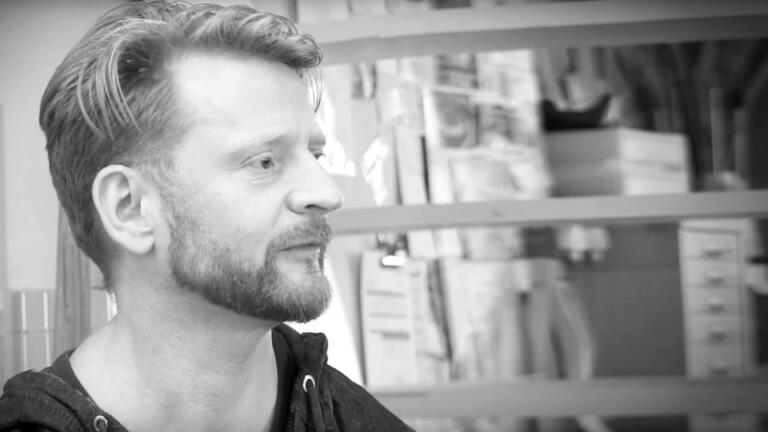Designer
“It’s always seek to learn. Always look at where you are, what you’re doing, look at your environment. Always be open to ideas and interpretation. Listen to people. The job is entirely about collaboration and you absolutely need to hear other people’s point of view… The key, key, key thing is to listen.”
Christopher Oram
Role
A theatre designer works closely with a director to realise the visual world of the play, musical or opera, in terms of the set, costumes and overall dressing. They read the script for information about the look and feel of the setting, researching specific periods and locations, and then create sets and costumes that represent the characters and their environment, while also reflecting the overall themes, mood and tone of the piece.
Responsibilities
- Extensive reading and research about different eras and their prevailing fashions
- Creating visuals to discuss ideas with the director, making revisions as necessary
- Discussing logistics and practicalities with the Production Manager
- Preparing plans, including scale-drawings and a scale-model of the set, to enable the Production Manager to engage Set Builders and the Costume Supervisor and Costume Maker to source and make costumes
- Depending on the scale of the production, an Associate Designer – or assistant – may be engaged to prepare the scale-model
Key Skills
Training
Vocational training in Theatre Design is available within drama schools but many designers learn on-the-job by working with more experienced practitioners. Assisting established designers is a good way into the profession, in addition to work placements in theatres. Student and fringe theatre also offer opportunities to develop skills and establish industry contacts when starting out.
Courses
Other courses are available. Those above represent a sample from various drama schools and universities.
Further Reading
- Theatre Workbook by Jocelyn Herbert, 1997
- Stage Design – A Practical Guide by Gary Thorne, 1999
- Stage Design and Properties by Michael Holt, 1994
